 The author of Today in the Taxi talks about his book and its structure, poems, about his 8000 taxi trips, prose poems, literary influences, Kafka, and lots more.
The author of Today in the Taxi talks about his book and its structure, poems, about his 8000 taxi trips, prose poems, literary influences, Kafka, and lots more.
Category: Literary Fiction Reviews
A review of Bad Mothers, Bad Daughters by Maya Sonenberg
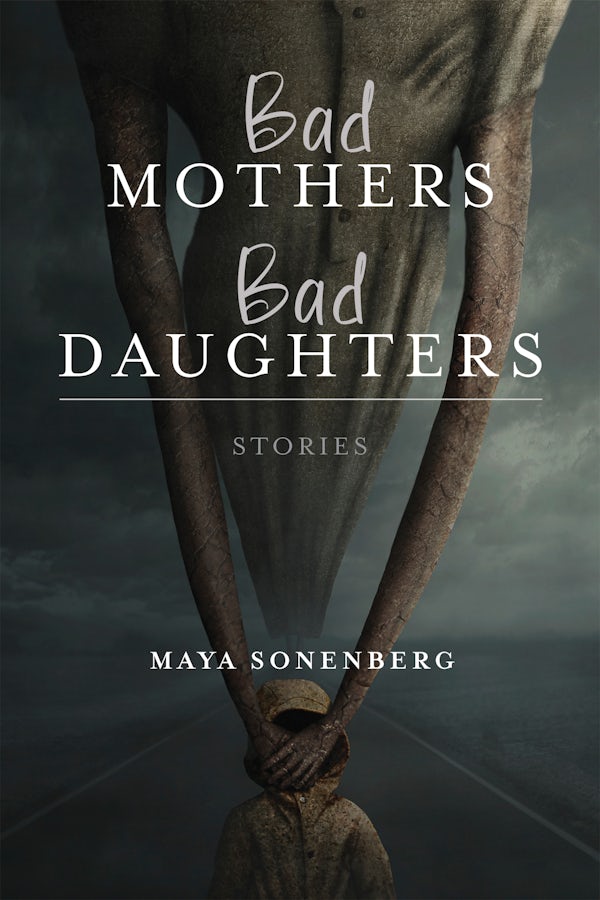 As the reader gets into the stories, the fairytale nature of their shortcomings likewise becomes clear, giving these stories an air of fable – not a moral lesson so much as an insight into human frailties and failings, both mothers and their offspring, merely two sides of the same coin; a parade of characters who come up short.
As the reader gets into the stories, the fairytale nature of their shortcomings likewise becomes clear, giving these stories an air of fable – not a moral lesson so much as an insight into human frailties and failings, both mothers and their offspring, merely two sides of the same coin; a parade of characters who come up short.
A review of Breathing Lake Superior by Ron Rindo
 I was drawn to the novel because of geographic sentiment, being a Canadian raised on a small farm in the rigorous climate of Northern Ontario, and having relatives who live on the northern shore of Lake Superior. I was soon caught up in a timely story, full of vivid imagery and unforgettable characters – a tragedy in a beautiful landscape.
I was drawn to the novel because of geographic sentiment, being a Canadian raised on a small farm in the rigorous climate of Northern Ontario, and having relatives who live on the northern shore of Lake Superior. I was soon caught up in a timely story, full of vivid imagery and unforgettable characters – a tragedy in a beautiful landscape.
A review of A Longing for Impossible Things by David Borofka
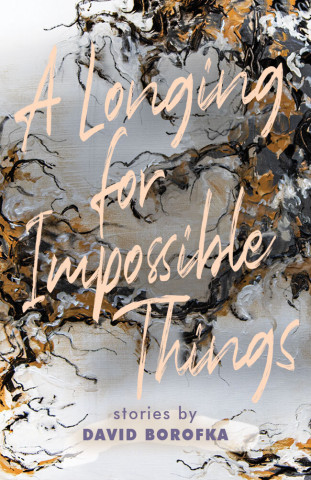 Regardless of the failings of his narrators and assorted ne’er do well characters, these tales are told in a generous, recognizably human voice, marking Borofka as a writer in whose company you’ll find deep pleasure. Characters’ failings are both unflinchingly observed and held in tender, witty regard, even after a lifetime of screw ups. Most are wrestling with the gap between their modest youthful dreams and the limits imposed by adult realities.
Regardless of the failings of his narrators and assorted ne’er do well characters, these tales are told in a generous, recognizably human voice, marking Borofka as a writer in whose company you’ll find deep pleasure. Characters’ failings are both unflinchingly observed and held in tender, witty regard, even after a lifetime of screw ups. Most are wrestling with the gap between their modest youthful dreams and the limits imposed by adult realities.
New giveaway!
 We have a copy of Finding Grace by Maren Cooper to give away!
We have a copy of Finding Grace by Maren Cooper to give away!
To win, sign up for our Free Newsletter on the right-hand side of the site and enter via the newsletter. Winner will be chosen by the end of June from subscribers who enter via the newsletter. Good luck!
New giveaway!
 We have a copy of Suburban Death Project by Aimee Parkison to give away!
We have a copy of Suburban Death Project by Aimee Parkison to give away!
To win, sign up for our Free Newsletter on the right-hand side of the site and enter via the newsletter. Winner will be chosen by the end of May from subscribers who enter via the newsletter. Good luck!
A review of Daisy & Woolf by Michelle Cahill
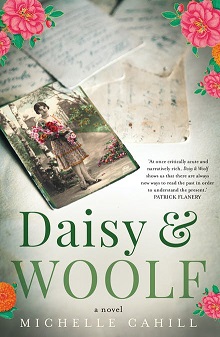 Daisy & Woolf is a rich, complex book that blurs binaries and boundaries, provoking big questions around art, parenting, love, privilege, colonisation, and creativity.The narrative flows quickly, driven by its dual protagonists, with the book unfolding its denser meaning later, in the shared collaborative space between reader and writer.
Daisy & Woolf is a rich, complex book that blurs binaries and boundaries, provoking big questions around art, parenting, love, privilege, colonisation, and creativity.The narrative flows quickly, driven by its dual protagonists, with the book unfolding its denser meaning later, in the shared collaborative space between reader and writer.
New giveaway!
We have a copy of Gods of Deception by David Adams Cleveland 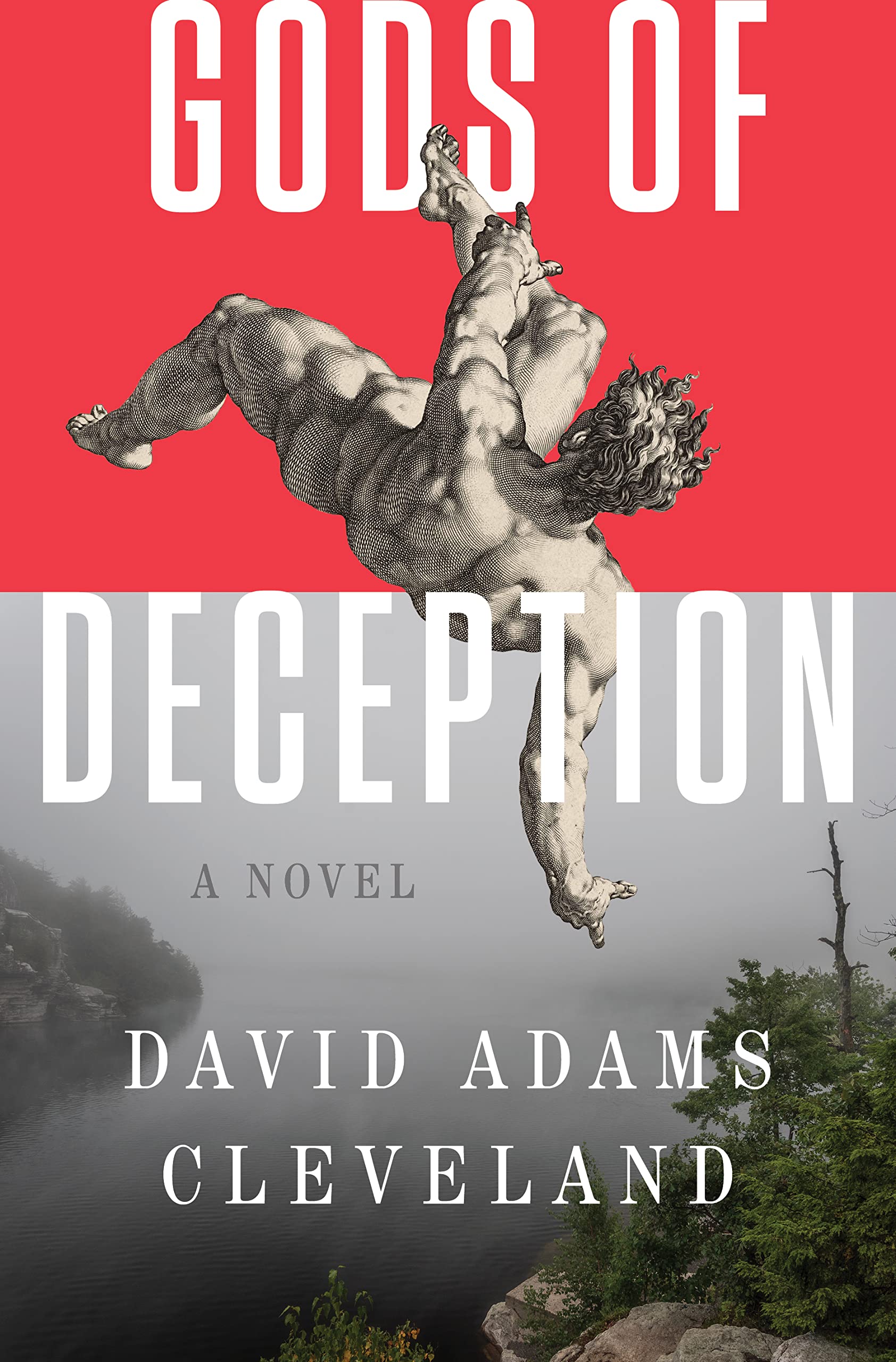 to give away!
to give away!
To win, sign up for our Free Newsletter on the right-hand side of the site and enter via the newsletter. Winner will be chosen by the end of May from subscribers who enter via the newsletter. Good luck!
A review of The Age of Fibs by Beth Spencer
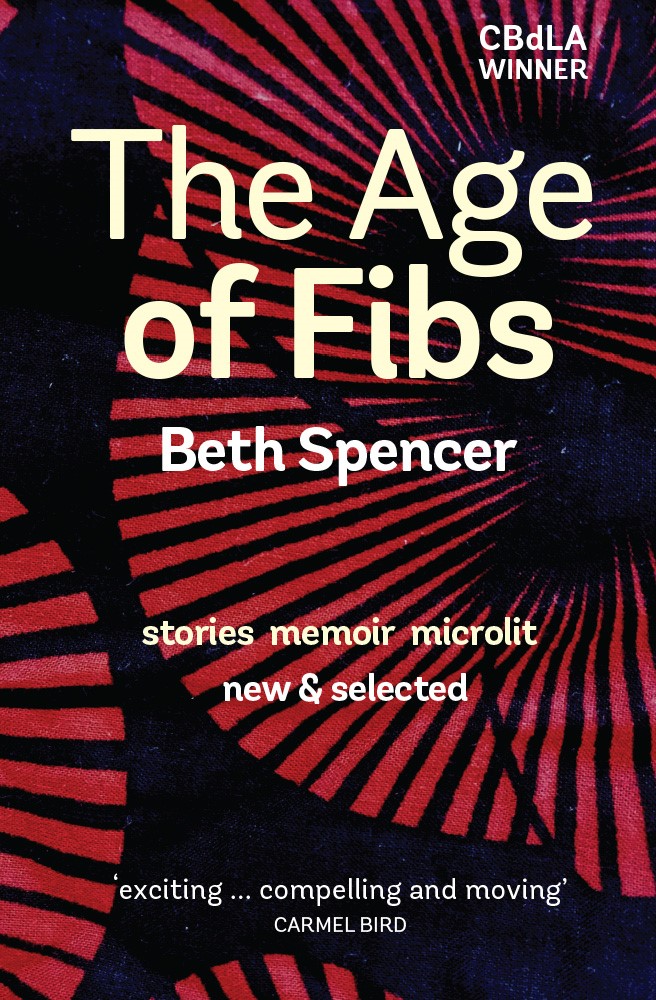 It is always both true and fictive, and like dreams, pieced together from a grab-bag of images and turned into stories that reflect the themes being explored. The Age of Fibs picks up on this uncertainty beautifully and works with it, allowing for openness, complexity, and fragmentation, while still keeping the coherency of the story intact.
It is always both true and fictive, and like dreams, pieced together from a grab-bag of images and turned into stories that reflect the themes being explored. The Age of Fibs picks up on this uncertainty beautifully and works with it, allowing for openness, complexity, and fragmentation, while still keeping the coherency of the story intact.
A review of Masks: Stories from a Pandemic by Peter Cherches
 Set in New York City, the epicenter of the Coronavirus pandemic when it first came to the United States in 2020, these stories all involve masks – cloth masks, surgical masks, N95s, KN95s, you name it; wearing them on the subway, at the grocery, in the post office, outdoors, standing in line, at home.
Set in New York City, the epicenter of the Coronavirus pandemic when it first came to the United States in 2020, these stories all involve masks – cloth masks, surgical masks, N95s, KN95s, you name it; wearing them on the subway, at the grocery, in the post office, outdoors, standing in line, at home.